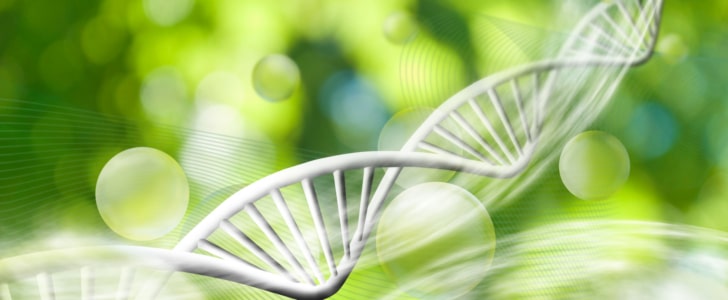Latest fundamental research published on Nature.com
Dietary proanthocyanidins boost hepatic NAD+ metabolism and SIRT1 expression and activity in a dose-dependent manner in healthy rats.
Proanthocyanidins (PACs) have been reported to modulate multiple targets by simultaneously controlling many pivotal metabolic pathways in the liver. However, the precise mechanism of PAC action on the regulation of the genes that control hepatic metabolism remains to be clarified.
Accordingly, we used a metabolomic approach combining both nuclear magnetic resonance and mass spectrometry analysis to evaluate the changes induced by different doses of grape-seed PACs in the liver of healthy rats. Here, we report that PACs significantly increased the hepatic nicotinamide adenine dinucleotide (NAD+) content in a dose-dependent manner by specifically modulating the hepatic concentrations of the major NAD+ precursors as well as the mRNA levels of the genes that encode the enzymes involved in the cellular metabolism of NAD+.
Notably, Sirtuin 1 (Sirt1) gene expression was also significantly up-regulated in a dose-response pattern. The increase in both the NAD+ availability and Sirt1 mRNA levels, in turn, resulted in the hepatic activation of SIRT1, which was significantly associated with improved protection against hepatic triglyceride accumulation. Our data clearly indicates that PAC consumption could be a valid tool to enhance hepatic SIRT1 activity through the modulation of NAD+ levels.

